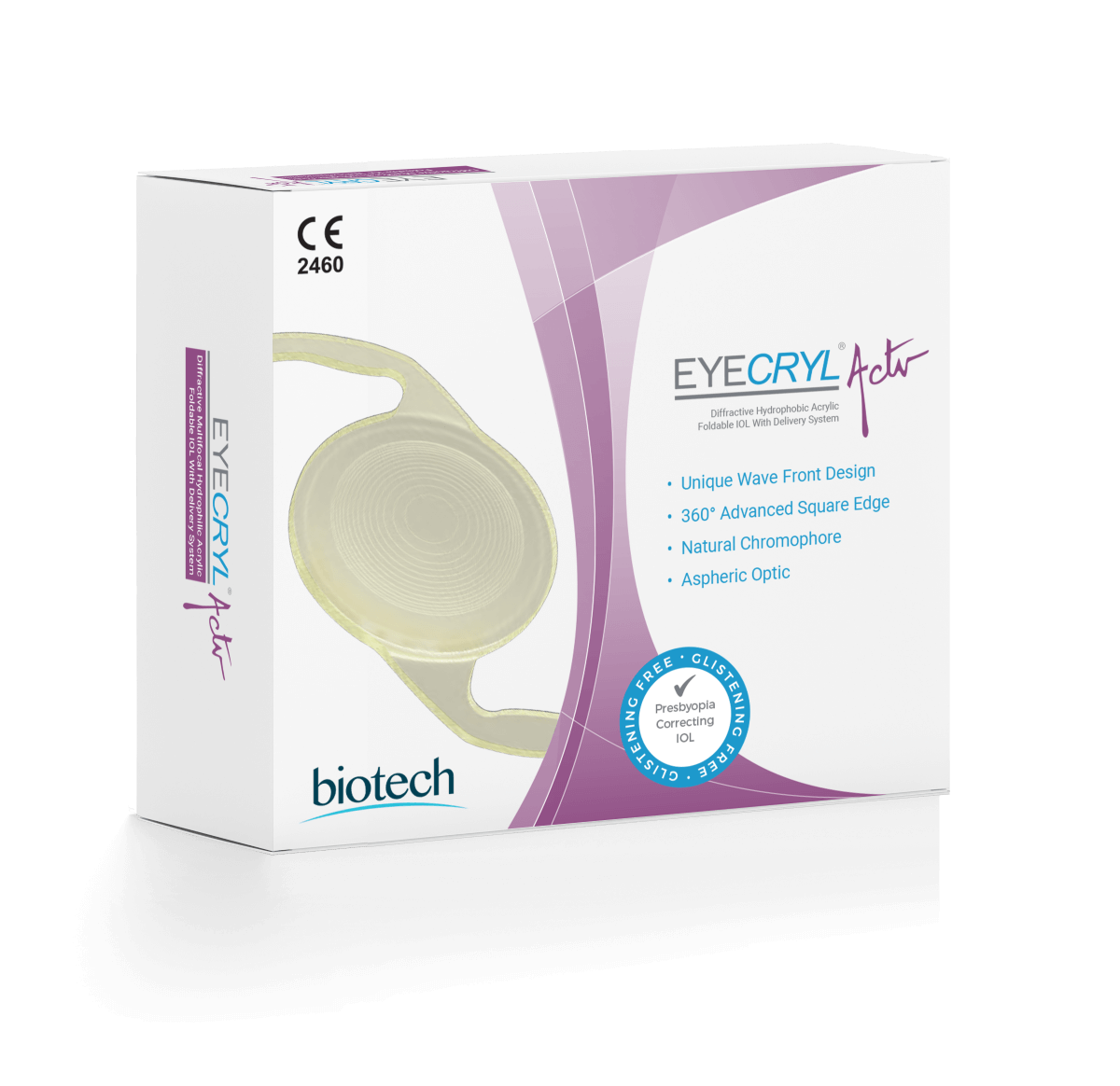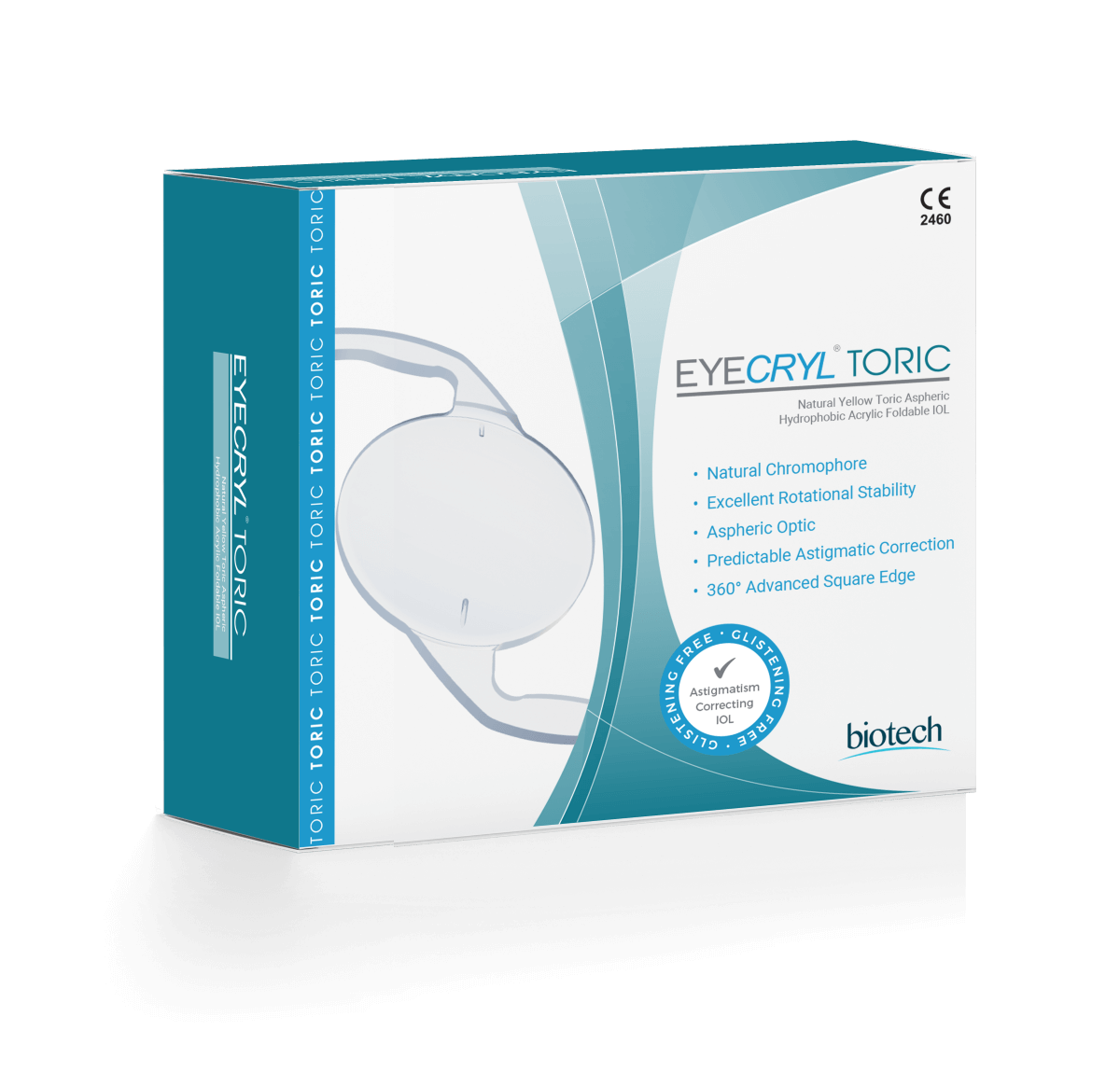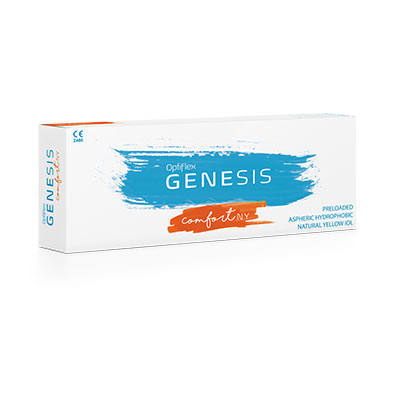
Which Supplements Are Good for Eye Health?
Ensuring optimal eye health is crucial for your overall well-being. One effective way to achieve this is through proper nutrition and supplementation. The significance of vitamins and minerals in maintaining eye health is immense. Research from the National Eye Institute and other studies suggests that specific supplements are particularly good for your eyes, providing protection against age-related eye diseases and supporting visual acuity.
Several supplements are particularly good for your eyes, including a combination of vitamins C and E, beta carotene, zinc, and copper. These vitamins and minerals are known to reduce the risk of age-related macular degeneration (AMD) and other age-related eye diseases.
High doses of antioxidants like lutein and zeaxanthin help filter harmful blue light and combat free radicals, which can damage the eye’s cells. The retina contains a high concentration of these antioxidants, emphasizing their importance in maintaining eye health.
Omega-3 fatty acids are also crucial, as the retina contains a high concentration of these fats, supporting the structure and function of retinal cells. Studies suggest that these nutrients can slow the progression of macular degeneration and improve overall eye health. The National Eye Institute highlights the benefits of these supplements for eye health, emphasizing that a diet rich in these vitamins and minerals is essential. Incorporating these supplements into your daily routine can significantly reduce the risk of age-related eye diseases and maintain healthy vision
How Often Should You Take Supplements for Eye Health?
The frequency of taking supplements for eye health depends on individual needs, but generally, a daily regimen is recommended to ensure a consistent supply of essential nutrients. High doses of specific vitamins and minerals, such as vitamins C and E, beta carotene, zinc, and omega-3 fatty acids, are often suggested for those at higher risk of age-related eye diseases.
These supplements help combat free radicals and support overall eye health. The National Eye Institute suggests that a combination of these vitamins and minerals can slow the progression of age-related macular degeneration (AMD) and reduce the risk of other age-related eye diseases. Including antioxidants like lutein and zeaxanthin in your daily routine is also beneficial. Regular intake of these supplements has shown to improve visual acuity and maintain eye health, making them a crucial part of your daily dietary regimen. Always consult with a healthcare professional before starting any supplement regimen.
What are the Effects of Omega-3s on Eye Health?
Omega-3 fatty acids have significant positive effects on eye health, particularly due to their high concentration in the retina. These essential fats, including EPA and DHA, are crucial for maintaining the structure and function of retinal cells. Studies suggest that omega-3s help reduce dry eye symptoms by promoting tear production and reducing inflammation.
Additionally, high doses of omega-3 fatty acids have been shown to slow the progression of age-related macular degeneration (AMD) and other age-related eye diseases. The National Eye Institute highlights that the retina contains a high concentration of omega-3s, which are vital for combating free radicals and oxidative stress, thus protecting eye cells. Incorporating omega-3 supplements into your daily routine can significantly reduce the risk of developing serious eye conditions and improve overall eye health. Regular consumption of foods rich in omega-3s, such as fish, flaxseeds, and walnuts, is also highly beneficial for maintaining optimal eye health.
Why is Vitamin A Necessary for Eye Health?
Vitamin A is essential for eye health due to its crucial role in maintaining good vision and overall eye function. This vitamin is a key component of rhodopsin, a protein in the retina that allows you to see in low light conditions. High doses of vitamin A can prevent night blindness and dry eyes. Beta carotene, a precursor to vitamin A, is found in many supplements and foods, providing an essential source of this nutrient. Studies suggest that vitamin A reduces the risk of age-related eye diseases by protecting the surface of the eye (cornea) and combating free radicals that can cause oxidative stress. The National Eye Institute emphasizes the importance of vitamin A in slowing the progression of age-related macular degeneration (AMD) and other age-related eye diseases. Ensuring an adequate intake of vitamin A through diet and supplements is vital for maintaining optimal eye health and preventing serious eye conditions.
Is Zinc Important for Eye Health?
Zinc is crucial for maintaining eye health due to its essential role in various eye functions. It supports the immune system and promotes cell growth, playing a vital role in transporting vitamin A from the liver to the retina to produce melanin, a protective pigment in the eyes. High doses of zinc supplements have been shown to significantly reduce the risk of age-related macular degeneration (AMD) and other age-related eye diseases. The retina contains a high concentration of zinc, which helps combat free radicals, protecting eye cells from oxidative stress. Studies suggest that zinc, when taken regularly, can slow the progression of macular degeneration and maintain overall eye health. Including zinc-rich foods like meat, shellfish, and legumes, along with supplements, can be highly beneficial. Regular intake of zinc supports overall eye health, reduces the risk of developing severe eye conditions, and maintains optimal vision, making it an essential nutrient for eye health.
What are the Antioxidant Effects on Eye Health?
Antioxidants play a crucial role in protecting eye health by neutralizing free radicals that can cause oxidative stress and damage eye cells. Vitamins C and E, beta carotene, lutein, and zeaxanthin are powerful antioxidants known to reduce the risk of age-related macular degeneration (AMD) and other age-related eye diseases. High doses of these antioxidants are particularly good for your eyes, as they help filter harmful blue light and protect the retina.
The National Eye Institute emphasizes that a combination of vitamins and minerals, including antioxidants, can significantly slow the progression of macular degeneration and improve overall eye health. Lutein and zeaxanthin are highly concentrated in the retina and are essential for maintaining central vision. Studies suggest that these antioxidants reduce the risk of cataracts and other eye diseases by protecting eye cells from oxidative damage. Regular intake of antioxidant-rich foods and supplements is vital for maintaining optimal eye health and preventing serious eye conditions.
Our Bestsellers
Categories
Company
Media
Follow Us
© Copyright Biotech /Terms Of Use - Privacy Policy
Version 2_CT_1212222



